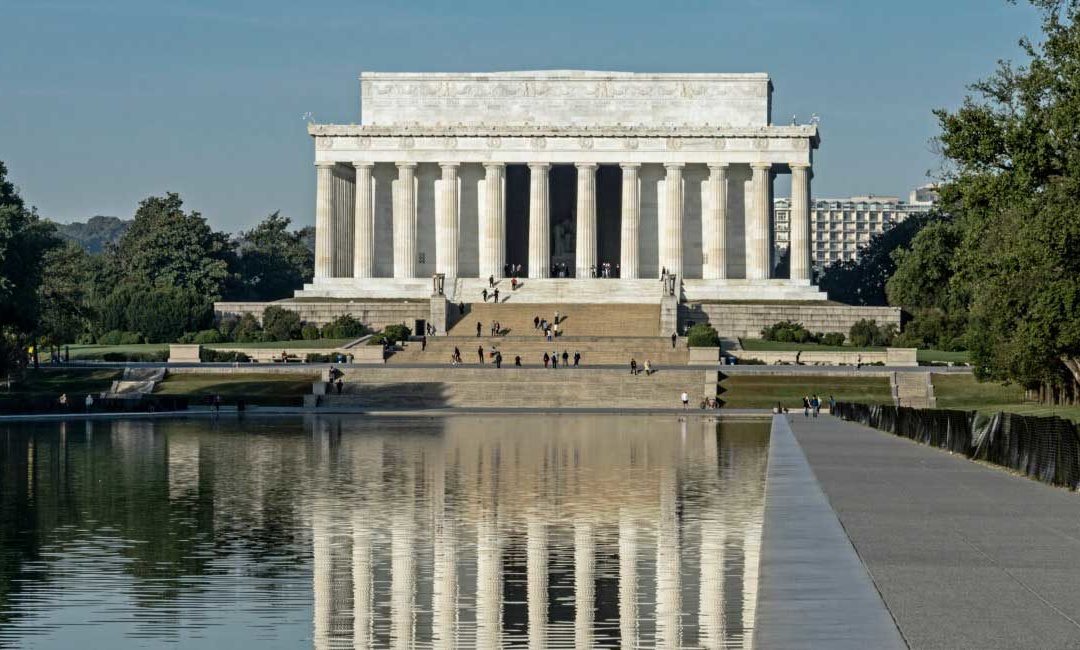As controversies grow in the United States over taking down certain public statues and other symbols—usually connected to the unjust cause of the failed Confederate States of America—many people seem to equate statues with the study of history. Taking down statues is synonymous with rewriting or even erasing parts of history, say many social media commentators.
But statues and the study of history are two separate subjects.
SYMBOLISM OF STATUES
A statue is typically meant to symbolize someone, something, some cause, or some idea that people respect or to which they look up, both metaphorically and literally.
Debates about statues, therefore, are really debates about what is worthy of veneration versus what is not. Debates about statues arise from disputes over what people find to be good versus what they find to be bad, high versus low, noble versus ignoble.
What people choose to honor through their statuary ultimately points to what they, themselves, want to be and what they, themselves, want to identify as worthy of emulation by others.
A statue, therefore, is not merely a memory from the past preserved in stone or metal. It also symbolizes a future goal.
STATUES AREN’T GOOD TEACHERS
Strange as it might sound, I happen to think pubic statues actually have more to do with the present and the future than with the historical past.
As a teacher and a scholar who’s written much about Abraham Lincoln and the Civil War, and as someone who’s spent far too much time in the swamp of Washington D.C., I’ve led many professional and personal tours of the Lincoln Memorial.
It’s grand. It’s beautiful. It’s marble.
And even with the text of Lincoln’s Gettysburg Address on the South wall and his Second Inaugural on the facing, North wall, I suspect most people walk away having learned very little about and even less from Lincoln.
They gaze in awe of the physical structure of the memorial, sure. But how many of them leave understanding Lincoln rejected moral and cultural relativism by arguing at length that there exists “an abstract truth applicable to all men and all times”?
How many visitors to the Memorial agree with Lincoln that laws, rather than dividing citizens into groups and transferring to some what others have earned, should offer equal protection for the equal, natural right of every citizen to his/her own person and property?
Probably few. Very few.
I get the sense that most Americans walk around the Lincoln Memorial—a Greco-Roman temple that I don’t think Lincoln would have much liked given his devotion to the idea of human equality coupled with his religious skepticism—gawking and snapping pictures and discussing how much the statue of Abe weighs and how it was placed there and other trivial topics.
Then they go back to their progressive civic lives demanding that government take what belongs to some and distribute it to others, the precise opposite of the moral principle for which Lincoln gave the “last full measure of devotion.”
The same can be said about the Washington Monument, the Jefferson Memorial, and most public statues, including those of Robert E. Lee, General of the Army of Northern Virginia. They teach almost nothing of transcendent importance.
HISTORY
Whatever else might be said about public statues, they add little to one’s knowledge of history, in my opinion.
History is complicated, complex, and almost always a compound of numerous variables, not least of which are the choices made by human beings and the reasons for them. Any nuanced study of the past cannot be limited by the presence, or absence, of statues.
The study of history points to questions about justice and injustice and whether there are any objective moral ideas that cut across time and through space. As the best historians know, history, like politics, invites serious minds to the activity of philosophizing.
And philosophizing, at its highest level, focusing on the highest questions human beings can raise, is far more than any motionless, lifeless, marble, concrete, or bronze statue.
REMOVING A STATUE DOESN’T REMOVE HISTORY
There are governments that attempt to rewrite history by controlling education and what people read and hear. When George Orwell wrote 1984 he was both predicting the future and describing the present of governments that want to control everything.
Total government control of education is wrong. Changing history books and historical records to state what is historically false or omit what is historically true, is wrong. Teaching historical untruths as truths, is wrong.
And these are quite different things than decisions about what statues, monuments, and memorials should be in public spaces.
When there are disputes over public statues, let’s focus on the statues, what they represent, and the merits of the arguments presented in the debate. When someone proposes changing history books, historical records, and educational curriculum, let’s focus on the subject of historical truth. But let’s not confuse the two because they really are not the same.

